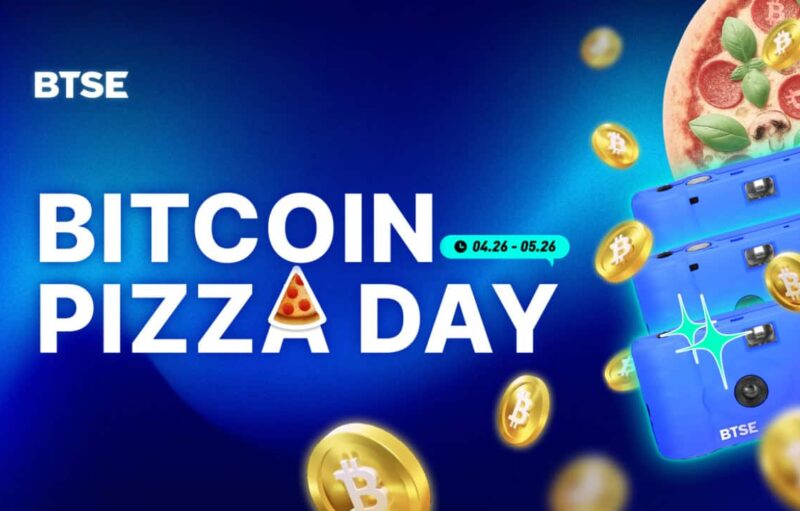The Shiba Inu (SHIB) community is buzzing with excitement and speculation over whispers of a potential Shiba Inu ETF. This rumour has ignited a surge of interest, with the burn rate for SHIB tokens skyrocketing by an impressive 4,000% in a single day.
While the remarkable burn rate for SHIB has undoubtedly captured the attention of the crypto world, market analysts believe that RCO Finance’s (RCOF) AI-powered approach could lead to even more rapid growth in the live crypto market.
Let’s explore the potential of RCO Finance to outperform the remarkable burn rate of SHIB.
Shiba Inu (SHIB) Burn Rate Soars Amid ETF Rumors
According to recent data from the Shibburn tracker, the Shiba Inu (SHIB) token experienced a remarkable 3,988.31% surge in its burn rate on July 12. This significant upswing was primarily driven by the destruction of 71.18 million SHIB coins from the circulating supply.
Interestingly, the spike in the burn rate coincides with the growing buzz around a potential SHIB exchange-traded fund (ETF), which has sparked discussions across the global crypto community. As a result, the price of Shiba Inu has recorded a 7% increase in the past 24 hours, coupled with a 2% rise in its market cap.
Since July 9, the token has shown signs of consolidation around the $0.000016 price level. Market experts speculate that Shiba Inu might experience a 30% price decline in the coming days before potentially embarking on a phenomenal rally ahead.
RCO Finance (RCOF) Captures The Future
RCO Finance (RCOF) is the latest challenger to the DeFi market as we know it. The new platform blends blockchain technology with traditional financial practices. By focusing on giving customers a good user experience, RCO Finance can tailor the best DeFi solutions to individual needs.
One standout solution offered by RCO Finance is their AI Robo Advisor. This powerful tool leverages advanced algorithms to analyze market trends and customer data, enabling it to offer personalized advice and recommendations that align with users’ specific goals. The AI Robo Advisor is a knowledgeable market guru, guiding users along their financial journey.
Entering the RCO Finance ecosystem is refreshingly simple. Unlike many platforms, RCOF does not require a KYC procedure or request identification documents. As a result, anyone from anywhere in the world can join this decentralized finance platform, including individuals with bad credit scores, debtors, and those who cannot secure loans from traditional centralized banks.
Through RCOF’s staking pools, users can pool resources and maximize investment returns. These pools serve as reserves for funding, loans, and revenue, ensuring that RCO Finance remains self-sufficient and continues to provide top-notch cryptocurrency services.
Moreover, security is paramount to centralized and decentralized markets, so RCO Finance prioritizes user protection. To safeguard the best interests of its users, RCO Finance undergoes periodic audits conducted by SolidProof, one of Europe’s most reputable security firms.
RCO Finance Presale: A Window to Massive Gains
While the crypto world remains captivated by the buzz surrounding the Shiba Inu ETF and its staggering 4,000% burn rate, a lesser-known token called RCO Finance (RCOF) is quietly making waves with its impressive deflationary tokenomics.
RCO Finance has sold half its allocated presale tokens in stage one, attracting savvy investors who recognize its long-term potential. Unlike Shiba Inu, which drew attention for its rapid burn rate, RCOF is poised to burn even faster, driving up the token’s scarcity and value over time.
According to market analysts, RCOF’s unique tier-based benefit system is expected to boost its value by a staggering 3,000% within the presale alone.
For just $0.0127 per token, early investors can gain exposure to the burgeoning crypto giant, with the potential to see as low as $100 investment turn to a remarkable $3,000 after the token lists at an altcoin price of $0.6.
For more information about the RCO Finance Presale:
Join The RCO Finance Community
The post appeared first on Coinpedia







